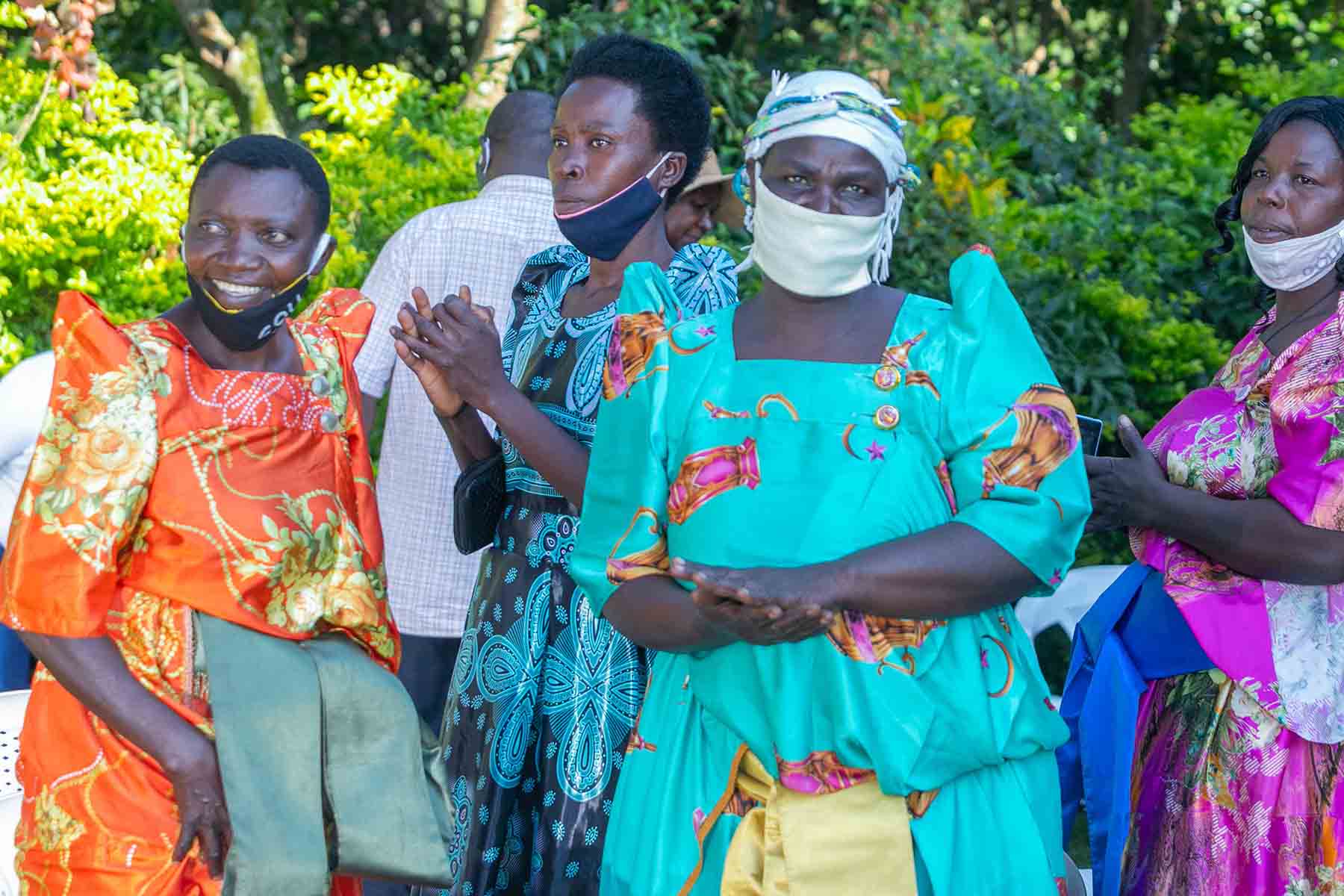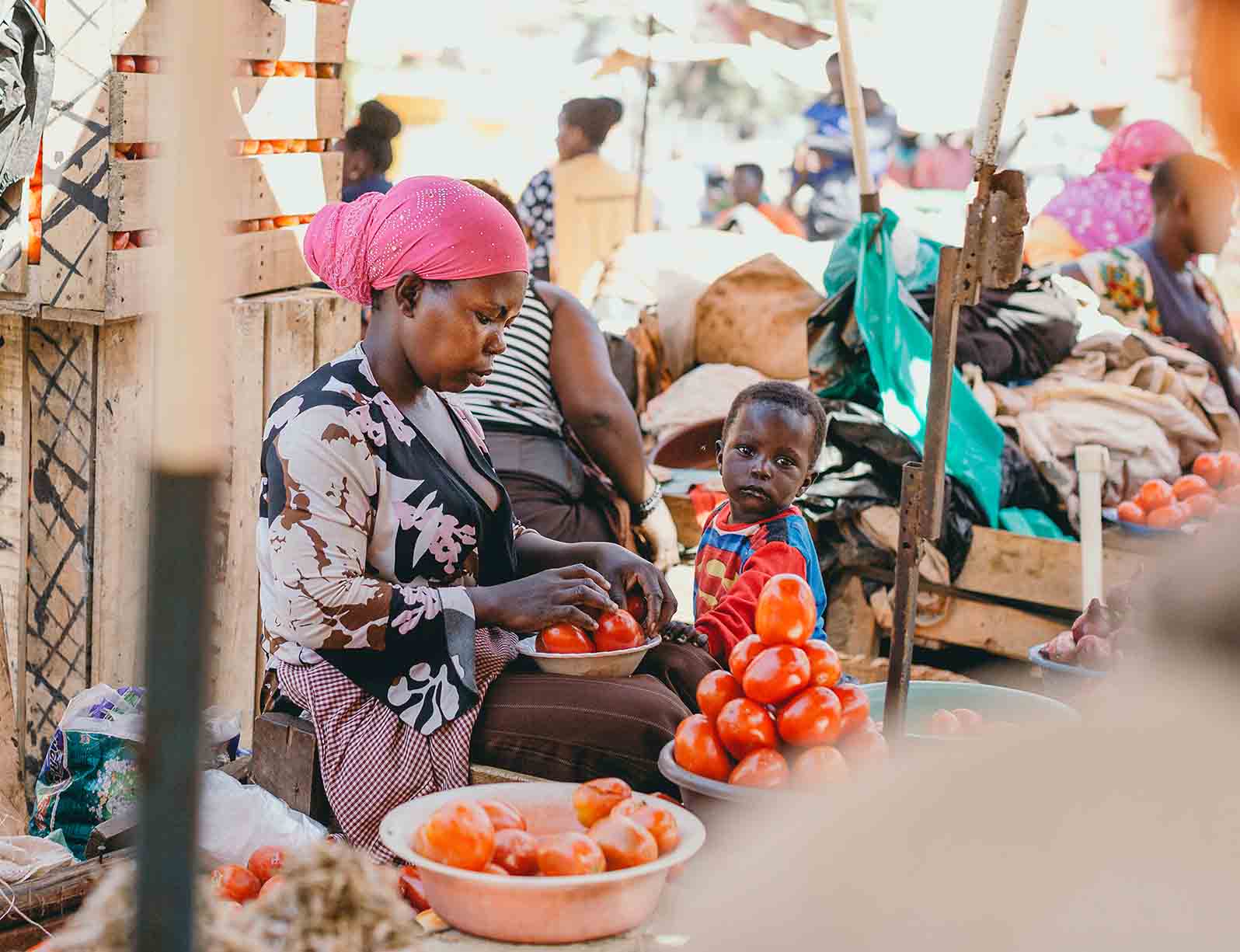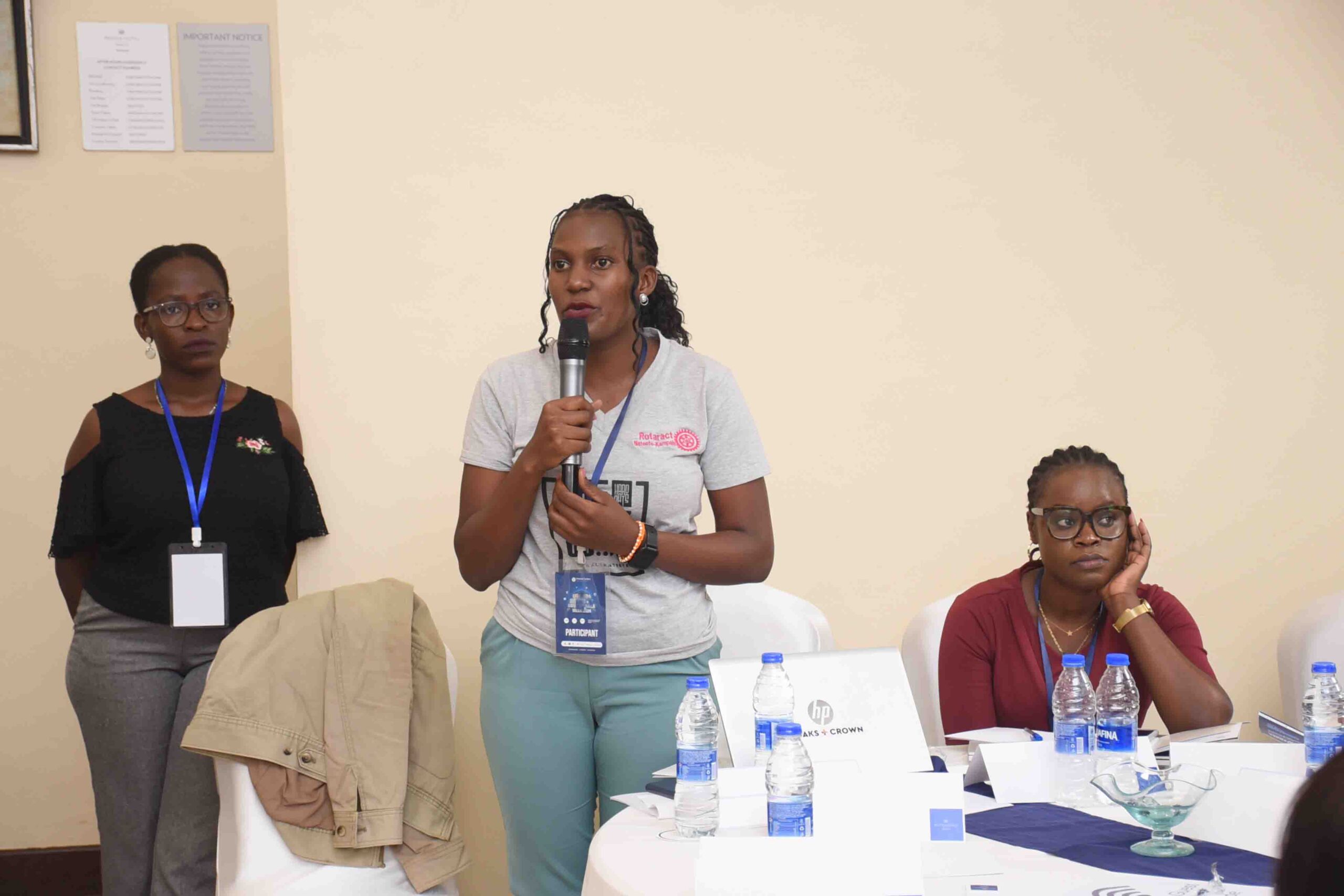Adolescent Sexual Health
Gender expectations limit girls' sexual-health education and resources. Ensure comprehensive sexual-reproductive health services for all adolescents
Young and curious shouldn't be risky!
In Uganda, about 25% of girls have their first baby before their 18th birthday, significantly higher than the global average of 14%. This disparity emphasizes the need for targeted interventions to improve the health and socio-economic conditions of adolescent girls in Uganda.
Several factors contribute to early childbearing in Uganda, such as socio-cultural norms, economic pressures, and limited access to reproductive health education and services. Many girls face societal expectations to marry and bear children early, while others lack the resources to make informed reproductive choices.
Globally, comprehensive sex education, robust healthcare systems, and supportive policies have reduced early childbearing rates. These programs include access to contraception, support for continuing education, and campaigns to shift societal attitudes towards delayed childbearing.
Addressing this issue in Uganda requires improving reproductive health services, enhancing educational opportunities, and addressing socio-economic factors. Policies that empower young women, provide knowledge and resources, and promote gender equality can significantly reduce early childbearing.
Role Models
Desperate for contraception, an estimated 214,000 young women aged 15 to 19 in Uganda continue to face unwanted pregnancies, 55% of unintended pregnancies among adolescent girls aged 15–19 years end in abortions, which are often unsafe, especially in Uganda where it is illegal to make that choice. Accessibility to Adolescent Sexual reproductive services remains key in improving the overall health of the 25% of women who get pregnant before their 18th birthday.
Families, communities and peers also play a pivotal role: Some research shows that working together continues to yield results for adolescent sexual health and improves accessibility to services. We adopted a similar system of working with communities to ensure access to information and services are available at the lowest level for any young woman or girl.
Technology continues to influence lives of young people and so, through our partnerships, we exploit the tech opportunities that make accessibility of services or the individual knowledge of users more reliable.
Resources

Where We Stand: Sexual & Reproductive Health
Our commitment to Sexual reproductive Health is portrayed in the work we do with partners and how our communities are involved in planning and service delivery.
Take Action
There are lots of ways to get involved with efiug’s work to advance equity. Together, we can make a difference in the lives of women and girls.



